10 Things That Are Better About Living in Europe And 10 Things That Are Worse
It's all subjective, but here's a general overview of what to expect.
In last Thursday’s Cappuccino, I reflected on my disappointment with the many websites, ezines, and magazines that paint an overly rosy picture of life in Europe.
That’s not to say life isn’t better here. For some, it is. For me, definitely.
But all too often, these articles gloss over the very real hardships of living in Europe so they can sell you on the dream. And you can’t organize your life around a dream. People who are trying to make one of the biggest decisions of their lives need facts, not some magazine editor’s heavily agenda’d version of the facts.
For travel magazines, delivering pleasing content is a way to keep your eyes on the page so they can sell more ad space. For me and others like me, the agenda is different. We sincerely want to help. We want you to have real information and to not be subject to some travel magazine’s spammy “brand.”
That said, let’s dive right into the pros and the cons or relocating to Europe.
Ten Things That Are Better
Rent is more affordable in Europe. As of this writing, the national median price for a one-bedroom apartment in the United States is a whopping $1,769. Anyone who has recently shopped apartments knows that’s a theoretical price. When you actually try to lease one in a decent neighborhood or any major city, the real-life price can be three or four times that amount.
The average cost of a one-bedroom apartment in a city like Berlin is 800€ (by today’s exchange rate, that’s roughly $810). In Rome, a studio or one-bedroom will run you about 900-1100€. In Paris, it’s 1200-1800€, and that’s for an apartment of approximately 450 square feet. Those prices are commensurate with ones in the U.S., but it’s Paris, for heaven’s sake. When I left the U.S. in 2012, I was paying $1600 for a apartment overlooking a mall.Keep in mind that once you leave the major cities, rent becomes exponentially cheaper. That’s not necessarily the case in the United States. Rent costs have soared everywhere, even in towns where once you pass the Dairy Queen and the water tower, you’ve taken in all the sights. Europe wins when it comes to affordable housing. In most cases, rental laws also favor the renter.
There are no FICO scores in Europe. Most Americans find this confounding. In the United States, our lives are governed by credit scores. They singlehandedly determine where we live, what car we drive, and in some cases, our level of employment. The information contained in our reports is proprietary, which is astonishing when you think about it. That’s our information. Why doesn’t it belong to us? Instead, these scores go up and down according to a very opaque and arbitrary set of rules, and they have real world consequences. To me, it’s the dark side of capitalism. When consumer spending is the number one economic driver of a country, expect things to be exactly the way they are.
Public transportation is an actual thing here. Houston, Texas, which is where I hearken from, has zip in the way of reliable public transportation. Downtown, there’s a tram. That’s it. But for people who live out in the ‘burbs, it’s at least one hour on the freeway to get to work, and another hour on the freeway to get home. Teens are marooned out in the suburbs. The only things keeping them company these days are screens, and then we wonder why social skills are a problem.
Even here in under-served Umbria, we have buses and trains that will take you anywhere you want to go in Italy and parts beyond. All major Italian cities have subways. Florence even has apps like CityScoot where you can book an electric moped to help you explore. Trust me, you’ve got options, and in countries like Germany, Austria, Switzerland, and Northern Europe, trains tend to run on time.
Most parts of Europe are obscenely beautiful. Back to that shopping mall I used to see from my $1600-a-month living room window. Sorry, but the U.S. has shockingly poor quality of life. We’ve sacrificed beauty, safety, and our mental health in the name of “job creation.” Public parks are paved over to make way for parking lots. Historic buildings are razed so a rapacious bunch of property developers can erect another skyscraper. Most Americans aren’t even aware of the toll this takes: onramps and offramps ribboning in all directions, signage everywhere, massive billboards thrusting into a benzene-tainted sky.
No wonder they feel isolated and oppressed.
Then they come to Europe. The lucky ones do, at least. And their eyes are opened for the first time. Beauty isn’t just for the very rich. Not here. It’s for everyone. When you see beauty all around you, especially natural beauty, it restores you to yourself. It makes you whole again.You’re close to other beautiful countries in Europe. A few years ago after my daughter graduated high school, we took her to on a little celebratory trip to Milan, Sanremo, Ospedaletti, Bussana Vecchia, and then within the span of an hour, we hopped across the border to the south of France. I won’t lie—it was fun. We even darted through Monaco (an extremely small tax haven/gambling mecca/monarchy) on our way to the medieval French village of Eze. Had we wanted to, we might have continued on to Switzerland, Austria, or Slovenia. Europe is pretty amazing like that. And it’s not homogenized like the United States. Each country has a unique flavor, language, culture, and topographical beauty. I’m wild about traveling here.
Europeans keep their religious beliefs pretty low-key—even Catholic Italy. Not everyone finds this to be a virtue, but I do: no sprawling megachurches. In fact, there’s very little evangelism or Pentecostalism here, period. Europe is secular, the way a society should be. Italy, for instance, has some of the most beautiful churches in Europe, but at evening Mass, one, maybe two rows of pews are full and the rest are empty. Most Italian churchgoers are elderly, which makes me wonder what’s going to happen to those churches once their generation has breathed its last.
If you ask Italians what religion they follow, most will say “Catholic,” but in actual observance, they’re C&E Catholics: Christmas and Easter only. The rest of the year, they’re at home watching Incastrati on TV, just like all the rest of us.In most of Europe, you can take your leashed dog inside shops, malls, and some restaurants. Italy is especially lenient in this regard. The first time I saw a dog inside a mall, I nearly fell over. In general, though, Europe is designed to be walked, with or without a dog, and people do. They walk everywhere. When you’re not in a car on the 1-10 during rush hour traffic and find yourself instead on a cobblestone street in Europe or traipsing across a thousand-year-old bridge, that does things to you. It affects you on a soul level. Europe’s infrastructural design of walking, biking, and gathering in public squares is supremely healthy, both physically and psychologically. To me, it’s one of the best things about living in Europe and its good effect on people must never be underestimated.
A big part of the European lifestyle is café culture. Cafés are everywhere here, and few pleasures in life can rival, in my opinion, the deep joy of sitting outside or inside a café with a good book, a good friend, and a cup of coffee. I even wrote about it here. Idling for twenty minutes at the Starbuck’s drive-thru isn’t quite the same thing. In Europe, you are allowed—nay, encouraged—to slow down, sit down, and talk to people without putting a screen in front of your face. It’s called C-O-N-V-E-R-S-A-T-I-O-N in English, conversação in Portuguese, Gespräch in German, and conversazione in Italian. Some people have forgotten how to have one.
You are far less likely to die of a gunshot wound in Europe. That’s not to say Europeans don’t own guns. They do. They’re called hunting rifles. But as a rule, they don’t turn them on actual people the way we do in the United States. We did that over 21,000 times between 2021 and today, and that number doesn’t include other gun-related deaths, such as suicide. In fact, here’s a handy chart for you to keep track of mass shootings in just this past year. Keep the issue of gun control in mind when you go to the polls tomorrow, America.
Healthcare is a human right in Europe. The European approach to healthcare came as a shock to this freelancer. Not one day of my American life did I ever have health insurance. Doctors in Europe actually spend time with their patients instead of rat-wheeling from one to the next, per HMO protocol. Italian doctors give their personal phone numbers to patients in case there are additional questions. If I broke my leg tomorrow, an ambulance would pick me up and take me to the hospital. No copay. No massive $40,000 bill, even as a foreigner. The takeaway? When healthcare isn’t privatized and bilked for profit, it actually becomes what it’s supposed to be: healthcare.
Ten Things That Are Worse
You miss your friends and family like crazy. I have two adult children in the U.S. Not seeing them every day is the closest thing to hell I’ve ever been through. When I’m there, I miss John; when I’m here, I miss my kids, my parents, my friends. This level of grief, it turns out, becomes a new normal. You learn to live with it. But the pandemic years when I couldn’t see my family were agonizing. So, I’m not going to sugarcoat it. We pay a price for everything we do or don’t do in life; for many of you, this will be your ultimate price, and it’s a heavy one.
By American standards, Europe is inconvenient. There are no 24-hour drug stores in Europe. There are vending machines outside pharmacies (in this Cappuccino, I discuss the marvel of seeing vibrators in vending machines), but Europeans prize that work/life balance in a way most Americans do not. So, when it’s time to close up shop, that shop is closed.
Here in the Mediterranean part of Europe, shops are usually closed during the afternoon. Only some will reopen in the evening. Most are closed on Thursdays, regional and national holidays, and sometimes because the proprietor just feels like closing. You get used to this. Mom-and-pop shops are, by definition, family run. A family needs to run errands for themselves occasionally. I don’t begrudge it.Parking doesn’t actually exist in the way you understand parking. Europe is densely packed, and it existed long before cars. Streets are narrow—some of them terrifyingly so—and the concept of parking can be a bit of an abstraction. In some instances, there are smallish parking lots. In most, parking is ill-defined and where you find it. But don’t expect ample car lanes on the highway or delineated spaces in a car park. This can be frustrating for Americans who are used to pulling right up their houses and off-loading groceries.
Here in Amelia, we are forced to park a quarter of a mile away and hoof it, often with heavy groceries, and mostly uphill. For further questions, see #2: “Europe is inconvenient.”
Know what the United States has that Europe doesn’t? Jobs. So many jobs. I’m not saying they’re good jobs or that they pay well or even equitably, but if you want to work, work can be had. There are jobs in Europe, too, but 99% of those jobs go to European citizens, and chances are, that ain’t you. In Italy, expats aren’t even allowed to work. The Italian authorities will refuse you a residency permit if you’re working. Germany is much better about this, but Germany has a stronger economy. Each country has different rules around the issue of employment, but suffice it to say, the U.S. may have poor quality of life, but it has jobs.
In the United States, it’s easier to buy things. I don’t like buying things (except books), and this is true whether I have money or I don’t, but consumer goods are not only more expensive in Europe, they’re harder to find. Space is at a premium, which is why shops with big inventories don’t exist. Go into any mom-and-pop joint looking for a specific item, and they will say, “Oh, I can order it for you. Should be here in a few days.” VAT (Value-Added Tax) applies to most luxury items, and “luxury items” are loosely defined. An iPhone is a luxury item and therefore subject to VAT. A car is a luxury item and therefore subject to VAT. You will pay more for an iPhone or laptop in Europe. Remember: groceries and other necessities are less expensive; consumer goods are more expensive.
Getting legal here in Europe is no cakewalk. A friend of mine once said, not without reason, “If it were easy to get legal in Europe, everyone would live here.” Getting legal in Europe is a more extensive subject than I could possibly cover in one Cappuccino. Getting legal might also require legal representation. I’m not saying it’s impossible, but it will be a daunting process. Expect delays, anguish, frustration, outrage, tears. Knowing that will make it easier. Unless you’re super rich, famous, connected, or George Clooney, you will face a bewildering array of bureaucratic obstacles, all designed to do three things: Test your mettle. See if you’re worthy. Send you home.
English isn’t spoken here. Nor should it be. This is Europe. It’s our responsibility to speak the language of our adoptive country (even poorly), not theirs to speak ours. That said, there will be times when you long to hear the sound of your mother tongue. You get hungry for your own culture—this is true of any immigrant. You may love the local cuisine, but sometimes you just want a big plate of Tex-Mex or a bag of Doritos or a Dr. Pepper (such is our American culinary tradition: a pastiche of ethnic food and corporate brands.) It can get overwhelming when all the signs, all the packaging, and all the voices around you are in a language you understand a little or not at all. Even John, who speaks Italian like a native, misses the sound of his own language at times.
People smoke in Europe. I’ve seen people smoke in Europe outside the gym. They smoke in outdoor cafés. They congregate outside grocery stores, night clubs, train stations, cigarettes in hand. Europeans enjoy a good smoke, and for us health-conscious American types, the amount of smoking done here can feel a little unsettling. My advice? It’s none of your business what other people do. Ignore it.
Unless you have pots and pots of money, chances are you’re going to be living in an apartment bloc or multi-use building. This is not a bad thing, but for Americans who are used to a big front lawn, a McMansion with three-car garage, and a backyard with a pool, disappointment can ensue. For reasons I detail in this Cappuccino here, Europe works better because of its multi-use housing, even if by “multi-use,” I mean there’s a kebab place right below your balcony.
Europe is hard for people who are not from Europe. This is not to say that all European countries are the same. They aren’t. It’s just that Americans in particular can find the adjustment period a little rough. America is such a specific culture, and Europe—including the northern parts of it where English is commonly spoken—is anything but American. I’m so glad it isn’t. But even for those of you who embrace other cultures, it can be lonely and overwhelming. Not forever, but for a while.
Oddly, this 19th century Nathanial Hawthorne quote sums it up best:
“The years, after all, have a kind of emptiness when we spend too many of them on a foreign shore. We defer the reality of life, in such cases, until a future moment, when we shall breathe again our native air; but by and by, there are no future moments; or, if we do return, we find that the native air has lost its invigorating quality, and that life has shifted in reality to the spot where we have deemed ourselves only temporary residents. Thus, between two countries, we have none at all, or only that little space of either in which we finally lay down our discontented bones.”
Make informed decisions, and to thine own self be true. This life isn’t for everyone, but for some of you, Europe is exactly what you’ve been looking for.
In fact, you knew it from the moment you arrived.
Copyright © 2022 Stacey Eskelin


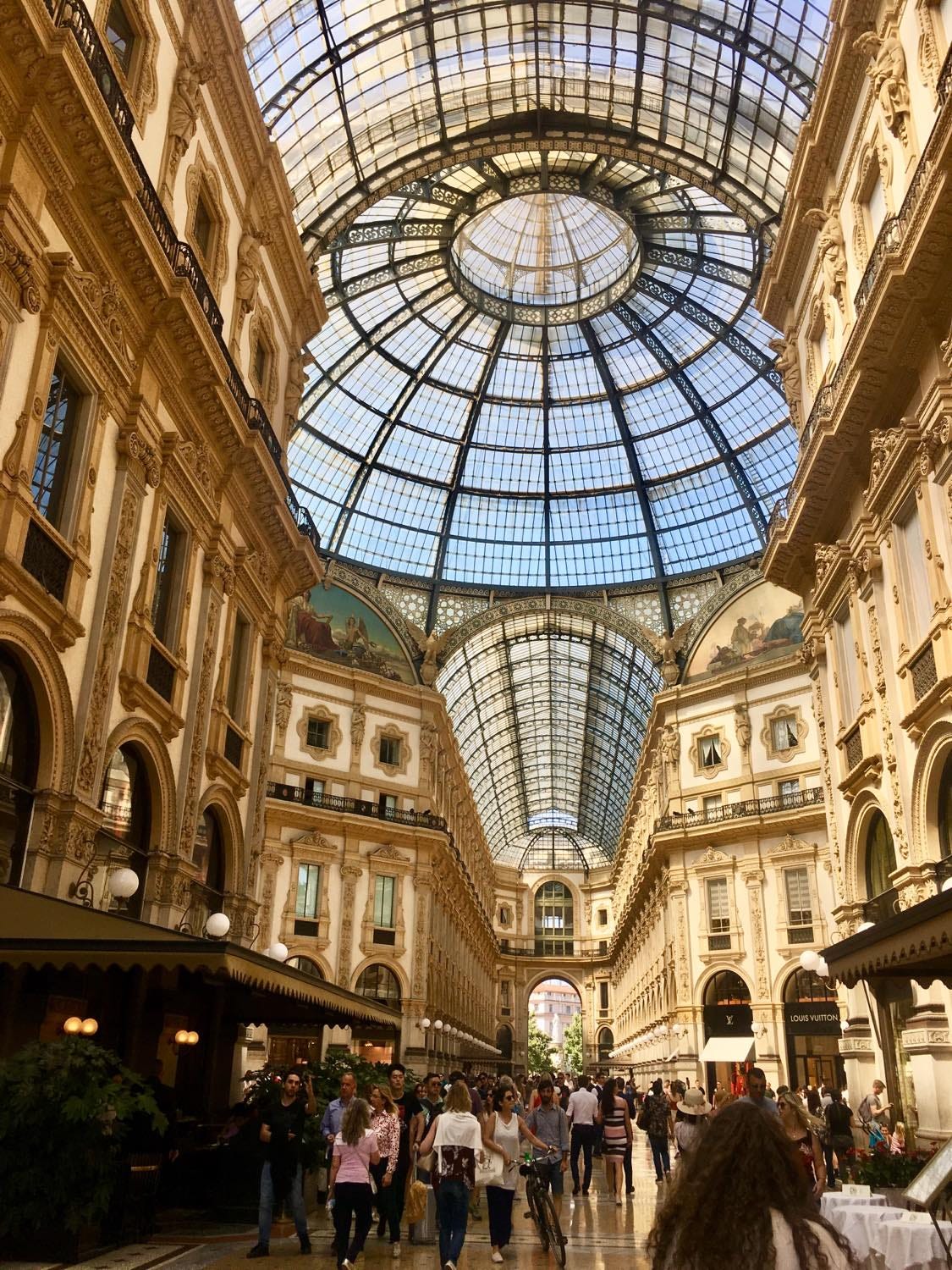
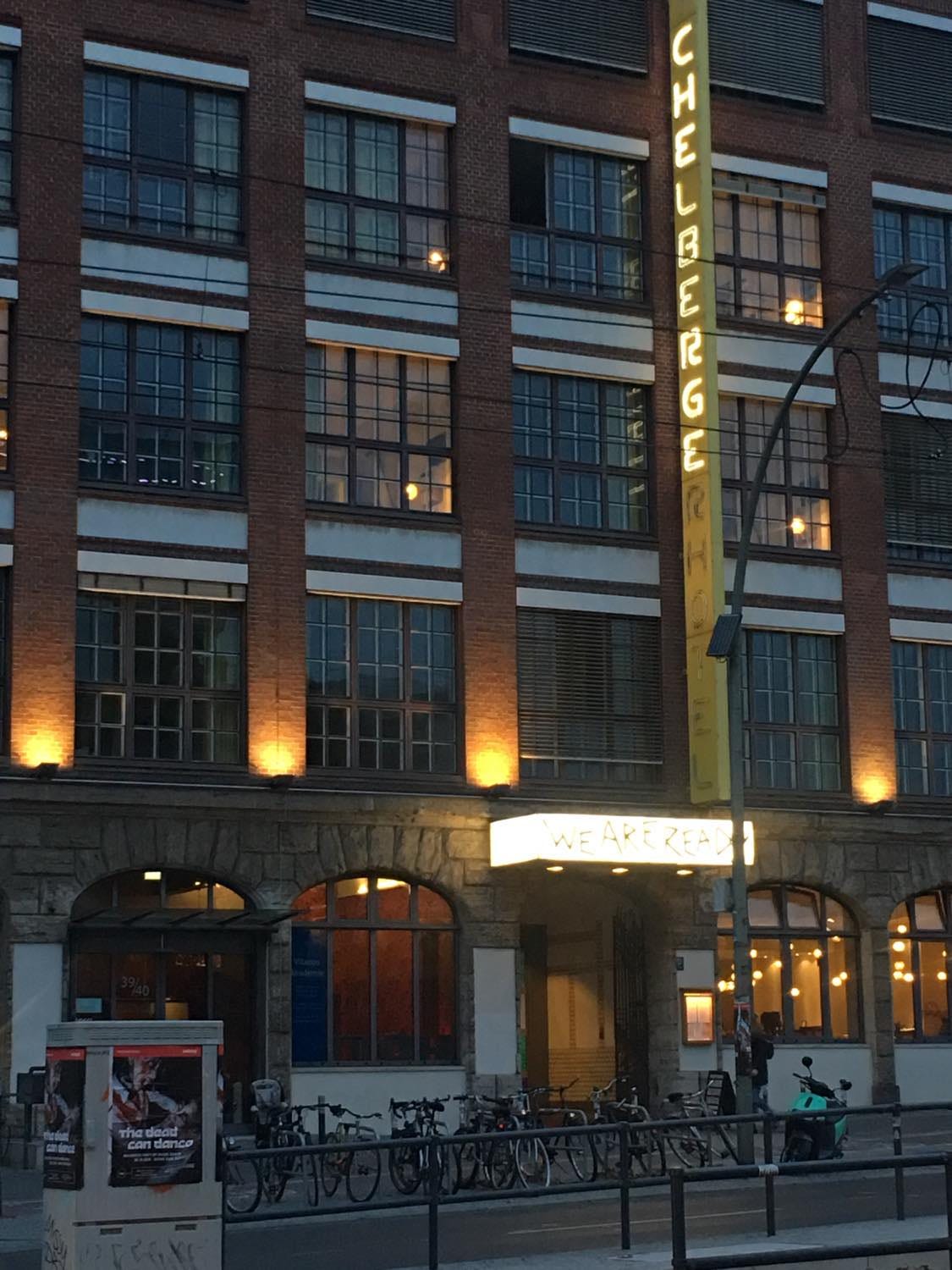
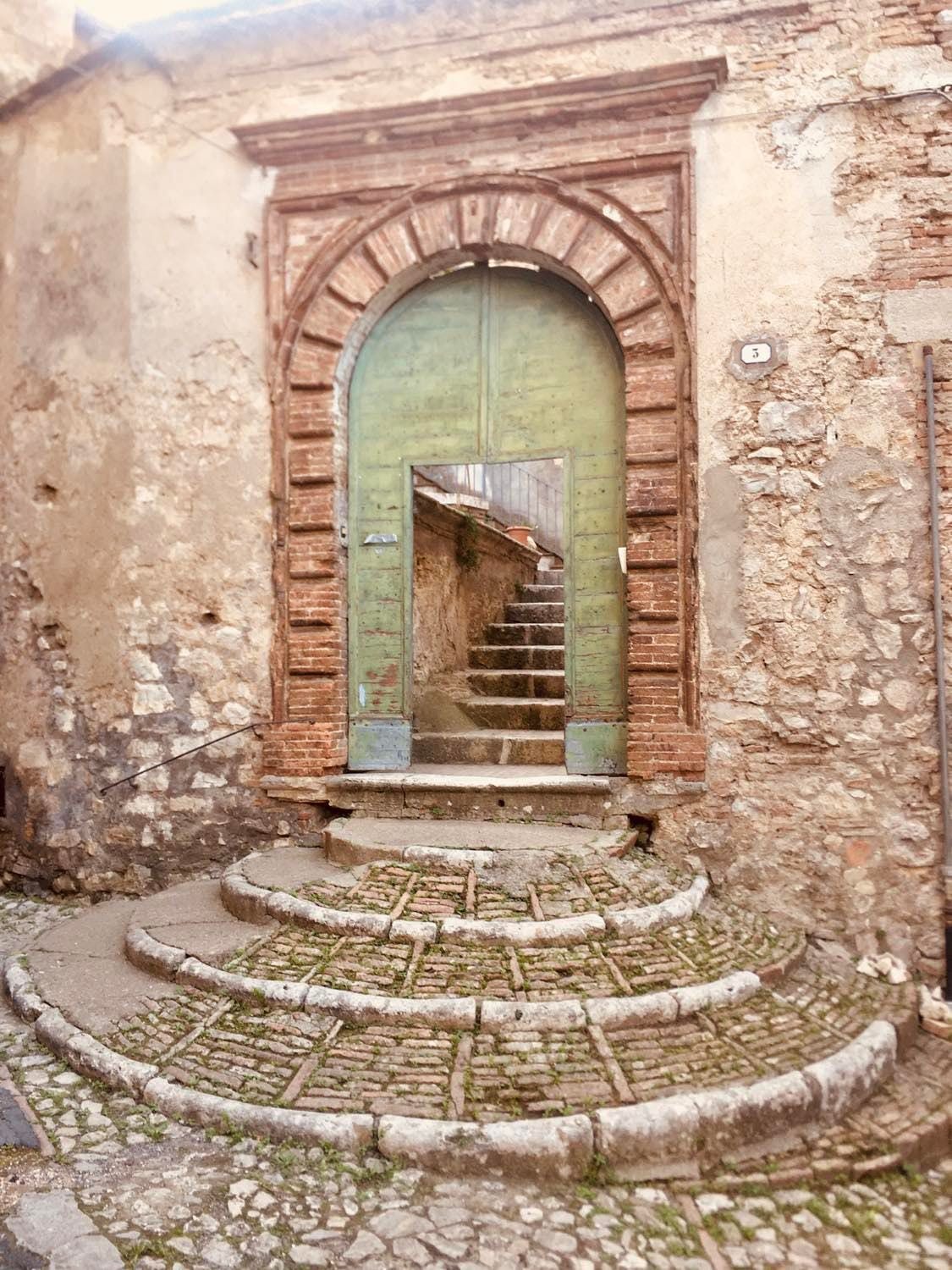

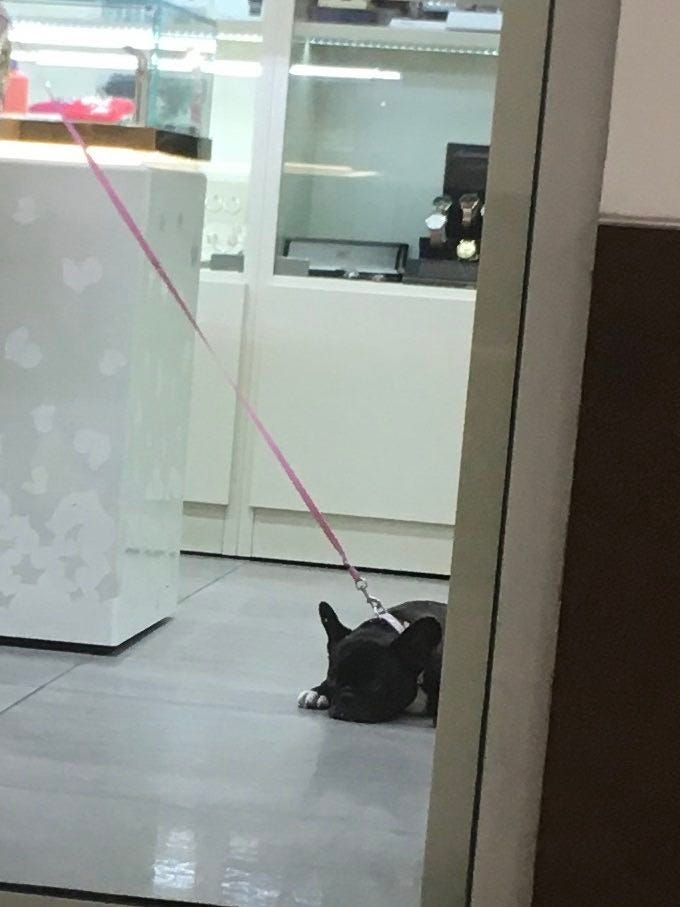
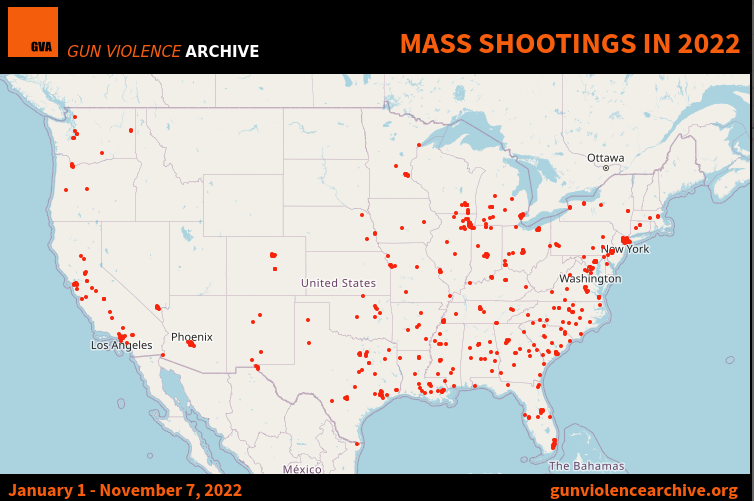


Nice and very helpful. Considering the way things are going in the US, I'm thinking of moving to a different country.
I lived in Graz, Austria for 6 weeks, studying opera. I remember sitting in the bank, seeing a guy with his boxer (dog) at the teller window, and thinking there's a dog in the bank. Then, I remembered leashed dogs are allowed everywhere in Austria, at least Graz. They did have to muzzle the dogs on the streetcars.
I lived in Germany for 7 years in my 20s. It became home in such a way that when I came back to the U.S. to visit family I would 1) get homesick for Germany and 2) experience culture shock when I came back once every year or so. It's been a long time since then but I still miss the lifestyle. Every time, I go back to visit Europe, I wonder when I will move back.